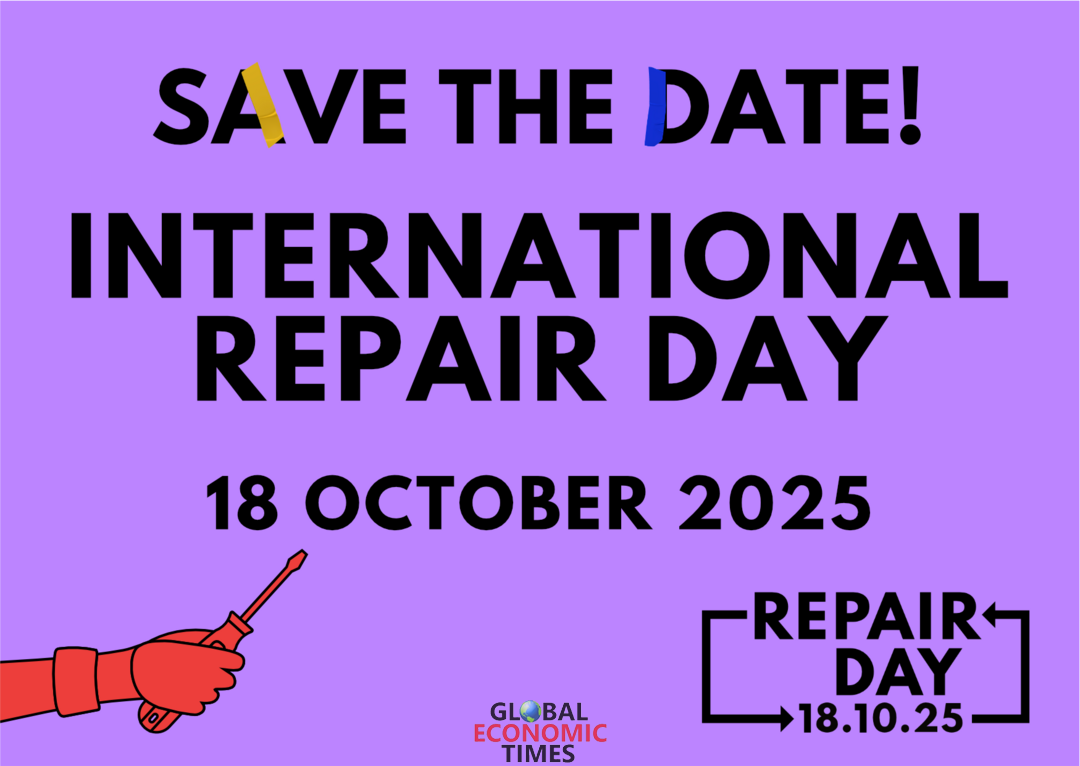
Today, October 18, 2025, marks World Repair Day, an annual observance held on the third Saturday of October to fiercely advocate for a culture of repair in the face of excessive consumption and planned obsolescence. The movement seeks to challenge the dominant "take-make-dispose" model of modern economies, emphasizing that repairing rather than replacing is a powerful, necessary act of environmental stewardship and citizen empowerment.
The Global Roots of the Repair Movement
The genesis of this global push for repair dates back to 2017. It was spearheaded by the international organization The Repair Café Foundation, which originated in the Netherlands. Since its inception, the concept has blossomed into a worldwide phenomenon. On this day, and throughout the year, thousands of individuals globally converge in informal settings—workshops, libraries, schools, and community centers—to share knowledge and skills on fixing a diverse array of items: from electronics and appliances to bicycles, furniture, and textiles.
These Repair Cafés and similar initiatives do more than just mend broken objects; they foster cooperation, intergenerational skill-sharing, and community building. They are tangible examples of practical solidarity, empowering citizens with the skills to extend the lifespan of their possessions.
Repair as an Environmental Imperative
The environmental impact of promoting repair is immense, providing a critical pathway toward genuine sustainability. According to studies and policy proposals by the European Commission, extending product lifespans can dramatically reduce carbon emissions and the consumption of virgin raw materials. Every repaired device prevents an item from contributing to the growing torrent of electronic and textile waste (e-waste), which often contains hazardous materials and represents a significant drain on natural resources.
By reducing the demand for new manufactured goods, repair directly combats the need for resource extraction, energy-intensive production processes, and long-distance transport. It is an essential tool of the circular economy, a model designed to keep resources in use for as long as possible.
The "Right to Repair" and Policy Push
The observance of World Repair Day is not merely a symbolic event; it's a direct call for systemic change, fueling the broader global advocacy for the "Right to Repair." This movement argues that manufacturers should be legally obliged to make spare parts, repair manuals, and diagnostic tools accessible and affordable to both consumers and independent repair shops.
Countries and economic blocs, most notably the European Union, are increasingly taking legislative action to mandate reparability. New regulations are being introduced to ensure products are designed to last longer and are easier to fix, including requirements for labeling, warranty extensions, and guaranteed access to spare parts for specific periods. These policy shifts recognize that consumer responsibility must be supported by corporate and legislative accountability.
Beyond Consumption: A Shift in Societal Values
Ultimately, World Repair Day invites a profound reflection on our role as consumers and stewards of the planet. Repairing instills fundamental values often overlooked in a disposable society: patience, creativity, and resourcefulness.
The call to action is clear: Individuals are urged to fix, share tools, support local repair businesses, and actively promote policies that facilitate repair. In essence, the day reinforces a simple, yet profound message: to repair is to care—for the planet, for our resources, and for the people who inhabit this world. By choosing to fix, we reject the linear consumption model and embrace a more conscious, resilient, and resourceful future.
[Copyright (c) Global Economic Times. All Rights Reserved.]




























